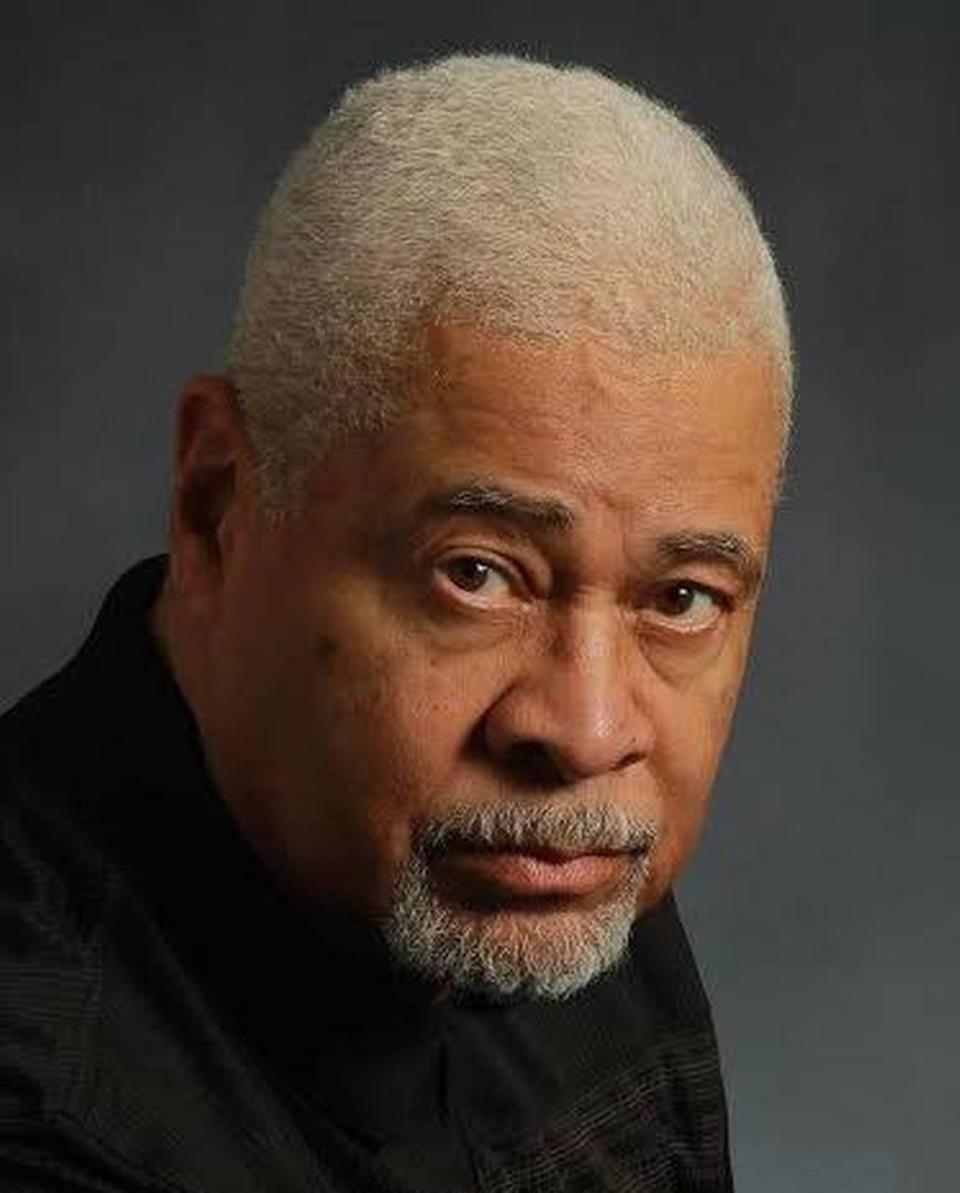Under the baobab: It’s time to give Rev. Jesse Jackson his flowers
- Oops!Something went wrong.Please try again later.
- Oops!Something went wrong.Please try again later.
- Oops!Something went wrong.Please try again later.
Civil rights icon and one of my mentors, Fr. George Clements, thanked the crowd of a couple thousand people gathered to celebrate his accomplishments. He said, “I’m glad you are giving me my flowers now, while I’m still on this side of the earth. I won’t be able to smell them from the other side.” It is time to give the Rev. Jesse Jackson his flowers. Jesse is one of our last living civil rights/Black power leaders. Nearly all the rest have joined the ancestors. None of the primary speakers from the 1963 March on Washington or the 1965 Selma March are still alive.
I first met Jesse in 1967 in Miami at a pre-planning meeting for the Poor People’s Campaign, which had been organized by the Rev. Martin Luther King Jr. and the Southern Christian Leadership Conference. Jesse had left the University of Chicago’s Theological Seminary. King had told him, “You can preach the word of Jesus, or you can do the work of Jesus.” Jesse chose to do the work.
I had come with Fr. Clements. The religious leaders were there to discuss shifting the focus of the “movement” from protesting racial discrimination to finding ways to empower those being oppressed through systematic economic exploitation. One of the strategies suggested was building Resurrection City, a lobbying group of poor people who would camp out in DC until Congress enacted meaningful legislation to deal with poverty.
A year after the ‘67 meeting, Jesse was in the Hotel Lorraine when King was assassinated supporting the Sanitation Workers strike. People attempted to fill the vacuum left by MLK’s murder. The Rev. Ralph Abernathy assumed the leadership of SCLC. Coretta, King’s widow, continued his legacy by leading the Resurrection City project to DC. Andrew Young and John Lewis moved into the political arena, as did Jesse. In 1984 he became only the second African American, after Rep. Shirley Chisholm, to run for U.S. President. He finished third, garnering 18% of the vote. He ran again in 1988, won seven primaries, four caucuses and finished second.
He served as the shadow U.S. Senator for DC but never again ran for political office. His activism prepared the stage for the winning campaigns of President Obama in 2008 and 2012. I remember standing at the office building at 125th Street in Harlem when Barack announced his victory. Jesse was in Chicago. We were both crying with joy. It had been a long, difficult, but ultimately triumphant journey. Jesse also mentored his two sons, Jesse Jr. and Jonathan, to win seats in the House of Representatives, where Jonathan still serves.
Jesse focused his energies on establishing Operation Breadbasket, an SCLC branch in Chicago that evolved into the Rainbow PUSH Coalition, a multi-racial, multi-issue, progressive, international organization fighting for social change. Last week Jesse announced that he was stepping down as president of PUSH. Dr. Frederick Haynes will take over the reins. Jesse ran up against a foe more formidable than the KKK — Parkinson’s disease, which he has been living with since 2015. This may be his twilight, but we still stand in the shadow of this great oak whose seeds have propagated a lush forest and a more just world. Thank you, Jesse.
Locally we have our own heroes who have righteously served and are stepping down. Barbara and Edgar Farmer were recently named Renaissance Honorees of the year. Barbara was the first African American school principal in Centre County and became chair of the MLK Plaza committee. Former Borough Council member Peter Morris proposed that Fraser Street square be changed to the MLK Plaza. The Rev. Harold McKenzie and his wife Sherren have delegated some of their duties at Unity Church of Jesus Christ. Pastor Mac, along with former Police Chief King, founded Community and Campus in Unity. Because of their commitment our community is better.
Charles Dumas is a lifetime political activist, a professor emeritus from Penn State, and was the Democratic Party’s nominee for U.S. Congress in 2012. He was the 2022 Lion’s Paw Awardee and Living Legend honoree of the National Black Theatre Festival. He lives with his partner and wife of 50 years in State College.


